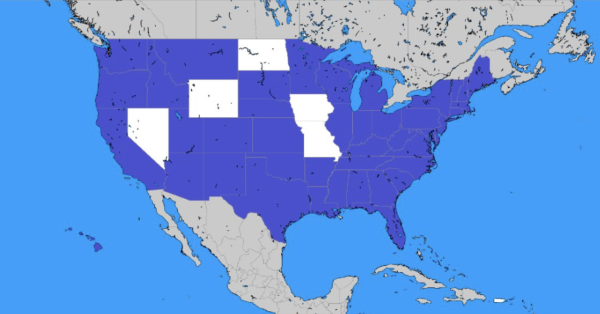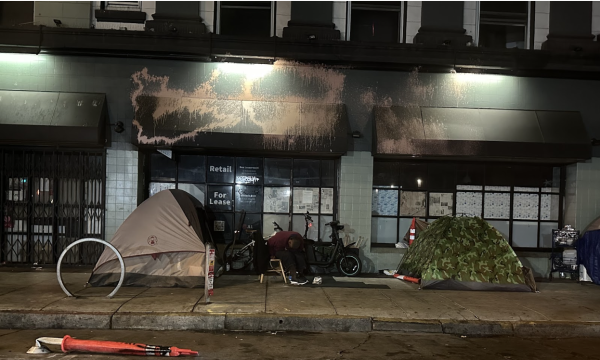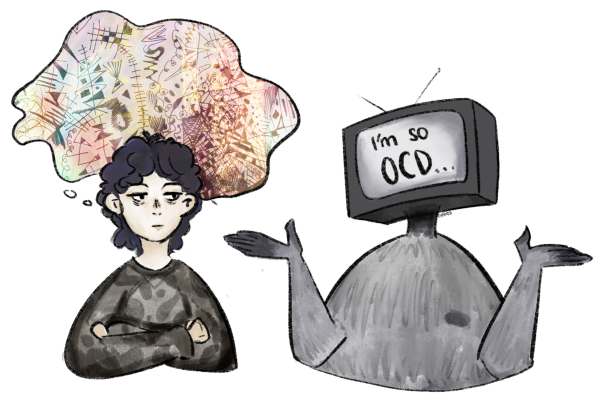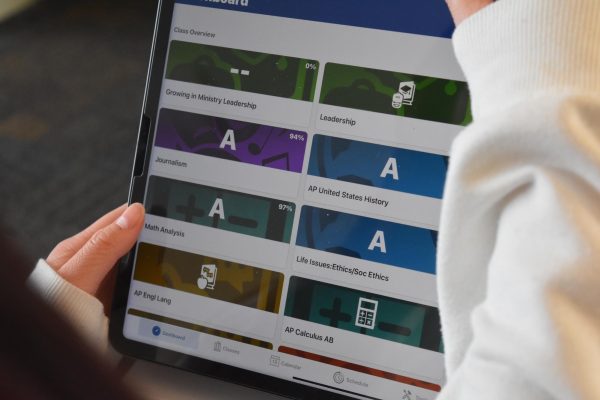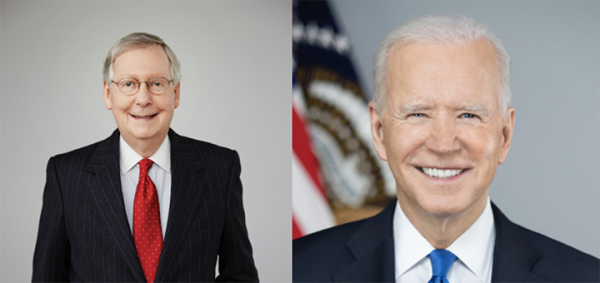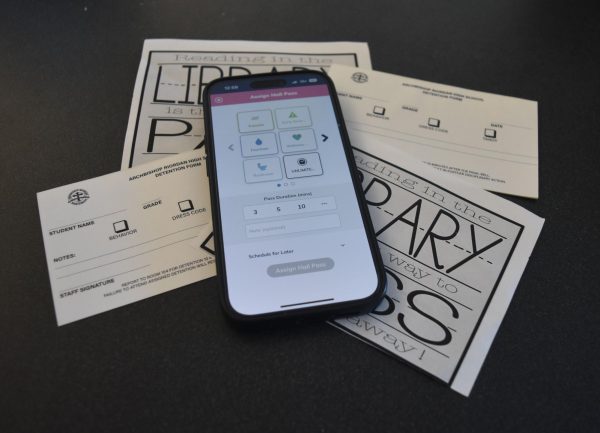Misinformation plagues social media channels
Riordan Roundtable

November 2, 2022
With the rise of social media, we quite literally have the world’s information at our fingertips. A decade ago this would have been practically impossible. It’s undeniable that in this day and age, social media has made information of all sorts readily available.
But what’s also undeniable is how social media has led to the rise of misinformation becoming more readily available as well.
Teenagers are especially vulnerable to this effect, being the ones most hooked on social media apps. Researchers at NewGuard released a 2022 report that found that nearly one in five videos on Tiktok regarding prominent news topics contained misinformation.
It’s further exacerbated by algorithms that tailor content to your beliefs, creating echo chambers of misinformation. Add current world affairs in the mix, and you get stuck in a stream of overwhelmingly negative news. This can become anxiety inducing, which worsens the mental health of teenagers (which the CDC has reported is on a consistent decline.)
Turn off your phone, engage with one another, and read books!
— Michael Vezzali-Pascual '88
Michael Vezzali-Pascual ’88, an English teacher, said “The worry for young people is that, because your brains continue to develop well into your 20s, so much attention to screens during this time of brain development is actually changing the very architecture of your brain!…
“If our brains develop so that we have very little capacity for sustained attention and focus, ie. if we are more likely to watch a TikTok video than, say, read a newspaper article, then we are right back to the beginning of our conversation, which is that we are potentially much more susceptible to mis- and disinformation the more we source our news from social media.”
During our formative years, where beliefs begin to deeply take root, it’s especially crucial that we remain accurately informed.
How do we do this? Vezzali-Pascual and I recommend checking your source. He proposes two questions to ask yourself: “1. Who owns it? and 2. What are their interests?”
Next, expand your sources. Vezzali-Pascual recommends, “I would not make social media my primary source for news.”
He also writes, “Turn off your phone, engage with one another, and read books!”
All in all, social media can be an incredible tool. It’s up to us to decide how we use it.
Editor’s Note: Every issue, The Crusader collaborates with ICA Cristo Rey’s newspaper The Spartan Press to address prominent social issues. For this issue, the question was: In what ways has the attraction to social media led to the spread of misinformation as well as anxiety among teens? What can teens do to ensure they do not fall prey to misinformation?


